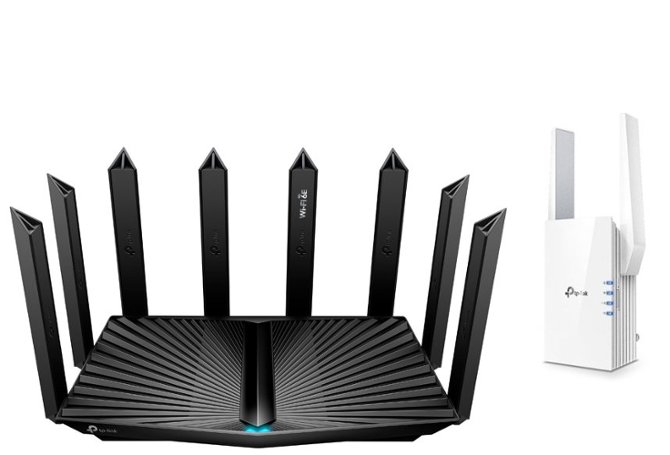What Is a Gateway? Exploring Gateway Wi-Fi

carousel
What is gateway Wi-Fi?
A fast and reliable Wi-Fi internet connection in your home has become a necessity. Whether you’re working from home, streaming content, playing online games or connecting smart devices, your Wi-Fi network directly impacts the quality of your digital experiences. This is all made possible thanks to the modem and the router.
Combining a modem and router into one singular unit helps save space and leaves less clutter. There are many more benefits to using a modem and router combo, also referred to as a residential gateway, and a couple of potential drawbacks. Keep reading to discover the technology behind residential gateways and learn if a modem and router combo is right for your home Wi-Fi setup.
Home networking 101
If you’ve ever wondered how to get better Wi-Fi, you’re not alone. It’s important to understand how home networks work in order to achieve the best Wi-Fi connection for your home. Networking equipment commonly found in homes include a modem and a router. The modem receives a line directly from your internet service provider (ISP) from a coaxial cable coming from the wall, delivering internet to the modem.
The Wi-Fi router is connected to the modem using an Ethernet cable and transmits the Wi-Fi throughout the rest of the house. So in many setups, the modem and router are two separate devices that work together to bring you your Wi-Fi internet.
What is a gateway?
A gateway is a single device that serves as both the modem and the Wi-Fi router. Just like a standalone modem, you can connect a coaxial cable from the ISP directly to the back of a modem and router combo. And just like a standalone router, you can connect devices to the Ethernet ports for a direct connection.
Gateways offer similar functionality as separate modems and routers. For example, most can send dual band signals, one on the 2.4Ghz frequency and one on the 5Ghz frequency. The 2.4Ghz frequency is usually a little slower than the 5Ghz, but its signal extends further. A 5Ghz frequency is typically faster than the 2.4Ghz, but has a shorter range. However, a 5Ghz band is less crowded because fewer devices use it.
What is the benefit of having a gateway?
Unlike a traditional modem router combo, gateways are often supplied by your ISP because they are easier to troubleshoot. By having both functions taking place in a single unit, you don’t have to navigate the complexities of two separate manufacturers and different device settings. So, using a gateway is much easier when it comes to device management.
Gateways are also great options if your phone service is through your ISP. Some gateways allow you to plug in a standard telephone to route your phone calls over your internet connection. This is known as voice over internet protocol (VoIP). This is helpful when staying connected with loved ones because long-distance calls tend to be more cost-effective when using VoIP compared to using a traditional phone line.
Most ISPs provide modem router combos for a rental fee. However, this doesn’t necessarily mean that you have to use it. Paying a monthly fee for a rental gateway will start to add up over time, and, you might not always have the best selection to choose from. If you currently have a rental gateway, check with your ISP to find out what you are paying every month and which gateways are compatible with their service and your internet needs. If you do a little simple math, you will see how much money you could potentially be saving by just investing in your own modem and router combo.
Another benefit of using a gateway vs. router modem combo is that you are left with less clutter. You can free up space with less devices, cables and power cords for a sleeker, cleaner look. This way, instead of looking into the best tips for managing your cables, you can take the problem out of the equation entirely and have a clutter-free space.
Are there any drawbacks to using a residential gateway?
As convenient and cost-effective as using your own gateway can be, even the best modem and router combo can have a couple of potential drawbacks. First, it is much easier to upgrade when new technology is released if you are using an individual modem and separate router. Routers have evolved quite a bit over the years and will only continue to do so, especially when smart home devices that rely on Wi-Fi are becoming more common, like doorbells, security cameras and smart lighting.
Modem technology is also continuously advancing. Modems are being produced with more channels, making them faster than ever before. Having the ability to solely upgrade your modem without touching your Wi-Fi router might be beneficial in certain cases, especially if you are upgrading your internet plan to a higher tier with faster speeds.
Finally, when it comes to wireless antennas and configuration options, a gateway might not be as powerful as some standalone Wi-Fi routers. Some of the more advanced features, like VPN, quality of service (QoS) or other controls could potentially not be available or easy to adjust.